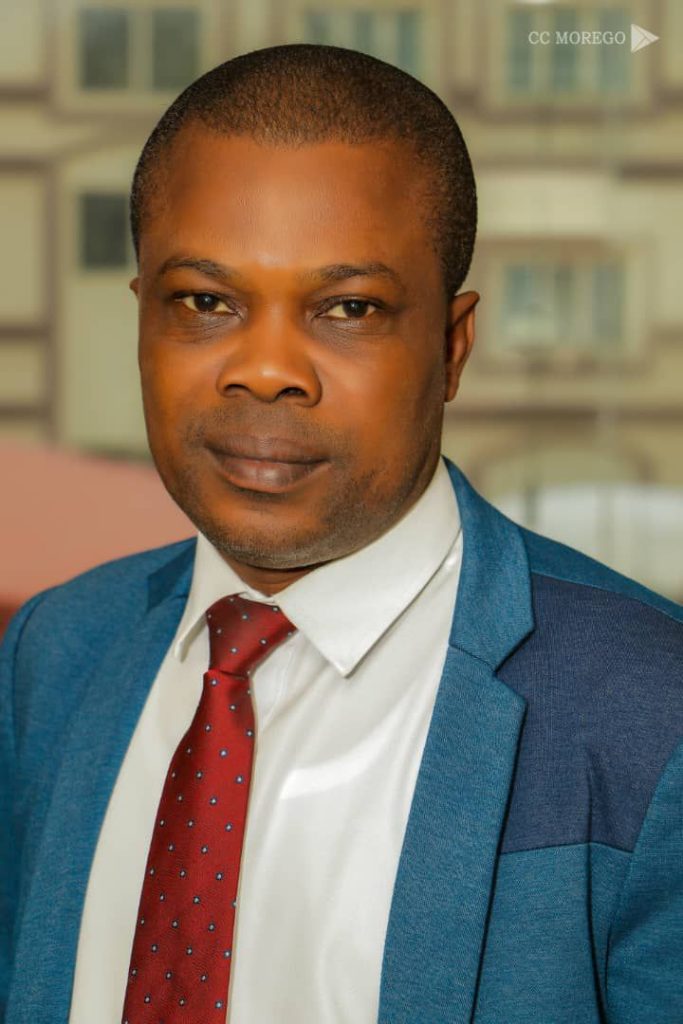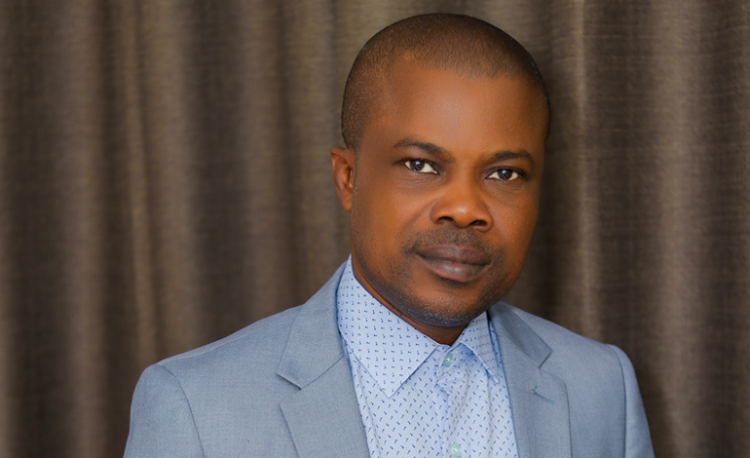Security and safety management consultant, Mr. Richard Kumadoe, has attributed the recent stampede during the Ghana Armed Forces recruitment exercise—which tragically resulted in the deaths of six applicants and injuries to several others—to procedural failure and lack of strategic planning.
In an interview addressing the incident, which occurred at the Elwak Stadium as part of the ongoing nationwide recruitment exercise, Mr. Kumadoe called for accountability and a comprehensive review of the recruitment process to prevent future occurrences.
He expressed disappointment that a long-standing institutional process, such as the Armed Forces recruitment, could lead to such a tragedy. According to him, this was a situation that was entirely avoidable if proper risk assessment and crowd management strategies had been applied.
“To the extent that we’ve done this recruitment for many years and we anticipated some of these results, it’s a situation that could have been avoided and should never have led to losing a single life.
“The fact that we have lost six lives and several others have been injured means some level of accountability must be demanded.”
Mr. Richard Kumadoe, Security Consultant
He explained that the failure of the procedure was evident in how the event was organised, with thousands of applicants converging at one venue without adequate crowd control measures.
“Those responsible for the recruitment could have been more creative, innovative and strategic. We know the number of people who applied; their data is available.
“If we had divided them among multiple venues—say, the Independence Square, the El Wak Stadium, the University of Ghana Stadium, or the Borteyman Sports Complex—it would have reduced congestion and prevented this avoidable stampede.”
Mr. Richard Kumadoe, Security Consultant
According to Mr. Kumadoe, strategic decentralisation was not only possible but necessary, especially given the large applicant pool and the availability of alternative venues across the Greater Accra Region. “I think we could have been a bit more strategic to avoid this, because this is avoidable in the first place,” he emphasised.

Mr. Kumadoe was unequivocal in dismissing leadership gaps at the Defence Ministry—given that the Finance Minister currently serves as caretaker minister—may have contributed to the disorganisation.
“This is solely the responsibility of the military. This has nothing to do with politics unless they are looking to politicians for money. The Armed Forces have conducted these exercises year in and year out. They know how it’s done. This is a military exercise, not a political one.”
Mr. Richard Kumadoe, Security Consultant
He insisted that the Ghana Armed Forces leadership must take full responsibility and explain to Ghanaians what went wrong. “Our brothers and sisters in charge of recruitment have questions to answer,” he said.
“They need to explain to the nation why we didn’t anticipate this large number, particularly when the people had applied and their data was already available.”
Mr. Richard Kumadoe, Security Consultant
Mr. Kumadoe noted that recruitment into the armed forces is a standardised global process, and Ghana could easily benchmark best practices from other countries. “We are not the only country conducting such exercises. If we had benchmarked global best practices, this tragedy could have been avoided,” he pointed out.
Thorough Review
On the way forward, the security analyst urged that the recruitment process be thoroughly reviewed to make it more decentralised, innovative and safe. “I was happy when the President said recruitment was going to be done on a regional basis,” he remarked.
“That is the right direction. They might want to exploit that model, but they just need to be a bit more creative about it. The military has handled large groups before.
“This is not beyond their capacity. What we need now is to review the process, check the procedures, and improve upon them.”
Mr. Richard Kumadoe, Security Consultant
He stressed that a comprehensive procedure audit would help identify loopholes in planning, coordination and risk control. “If we review the processes and have the procedure checked, I believe we will come to a stage where we will be a bit more creative, a bit more innovative, and a bit more strategic,” he said.

Mr. Kumadoe also addressed concerns that budget constraints could have affected the military’s ability to organise a safer recruitment process. He rejected that notion, explaining that recruitment exercises are self-financing to a large extent.
“Remember, these boys and girls have paid for registration. They have bought forms. Multiply the cost of each form by the total number of applicants, and you will realise there is enough money to manage this process effectively.”
Mr. Richard Kumadoe, Security Consultant
He added that the Ghana Armed Forces, as a statutory institution, already receives budgetary allocations from government, and therefore financial limitations should not have been an excuse.
“With government provisions and the money from registration forms, I don’t think money should be a problem here. We just had a procedure failure. Once we review the process, we’ll be fine.”
Mr. Richard Kumadoe, Security Consultant
Learning from Best Practices
To illustrate how recruitment can be handled efficiently, Mr. Kumadoe cited examples from other state agencies and international military systems. “On the first of November, people who wanted to join the Bureau of National Investigations (BNI) wrote an aptitude test—quietly and orderly. Not many people even knew about it,” he said.
“When I joined the BNI many years ago, it was always so. The Armed Forces can learn from such examples and from how the British Army conducts its recruitment.”
Mr. Richard Kumadoe, Security Consultant
He underscored that the tragedy must serve as a wake-up call for institutional introspection. “To the extent that we have done this over and over again and still ended up losing six lives, there must be questions. There must be a review, and it must be done as quickly as possible,” he stressed.

The ongoing recruitment exercise is taking place at designated centres across all regions, but the Greater Accra Region has so far recorded the highest casualties. The incident has sparked national outrage, with many Ghanaians demanding reforms in how state institutions manage large public exercises.
As the process continues, security experts, civil society actors, and families of victims are calling for urgent reforms to prevent future tragedies and ensure that recruitment into Ghana’s prestigious military service reflects professionalism, safety, and human dignity.
READ ALSO: 2026 Budget: Ghana Set for Next Step in Reset Agenda – Ato Forson























